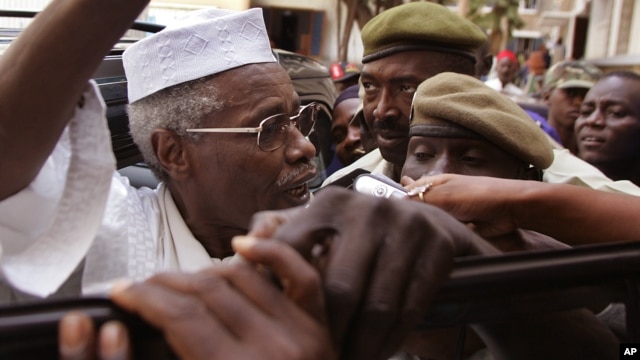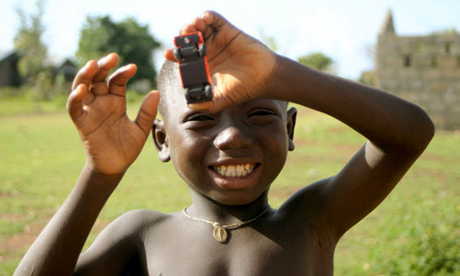By Ryan Aliman
Impunity Watch Reporter, Africa
ABUJA, Nigeria – Militant Islamist group Boko Haram just released a video where the group claimed responsibility for the recent attacks and hostage-taking in Nigeria.

Acquired by the AFP news agency last week, the video features Abubakar Shekau – the alleged leader of the Nigerian extremist group. Speaking in the Hausa language, Shekau personally admitted that it was his group who led the latest attacks on the northeastern region of the country.
“We are the ones that carried out the Bama attack,” Shekau said, referring to the May 7 assault in a village at Borno state near Nigeria’s north-eastern border with Cameroon. During the raid, 55 people, including soldiers and local law enforcers, were killed and 105 prisoners were freed on a police station, military barracks and government buildings.
“We also carried out the attack in Baga,” he added. This time he was referring to the April 16 raid in the town near Lake Chad which caused the death of approximately 200 people.
Seated on a rug with a kalashnikov resting behind his right shoulder, Shekau accused the army of illegally detaining the relatives of Boko Haram members, saying their release was a prerequisite for any truce. He further pointed out the excessive force employed by the soldiers in retaliating to the group.
“It was you, the security agents that went into town the following day and burnt homes and killed people at will,” Shekau said.
The military have reportedly told the press that it killed at least 30 Boko Haram members during the Baga assault. However, Shekau staunchly denied this in the video, saying, “none of our people were killed in Baga.”
Half way through the 12-minute video message, the screen splits, showing Shekau on the left with a group of unidentified women and children on the right.
“We kidnapped some women and children, including teenage girls,” he said.
According to Shekau, these people are currently held hostage in retaliation for the relatives of several Boko Haram members who were arrested by the army. Reports say that soldiers detained women, as well as children and infants, related to the group’s members in Kano, Bauchi and Damaturu.
“In a single house in Damaturu, eight of our women and 14 children were arrested. . . . As long as we do not see our women and children we will never release these women and children,” Shekau threatened.
The Boko Haram leader did not disclose the number and names of the women and children captured by his group.
For further information, please see:
African Spotlight – Boko Haram kidnaps women and children, releases hostage video – 13 May 2013
AFP – Nigeria Islamist video claims attacks, shows hostages – 13 May 2013
BBC News – Nigeria’s Boko Haram releases hostage video – 13 May 2013
TVC News – Nigeria: Boko Haram releases hostage video, claims recent attacks – 13 May 2013



